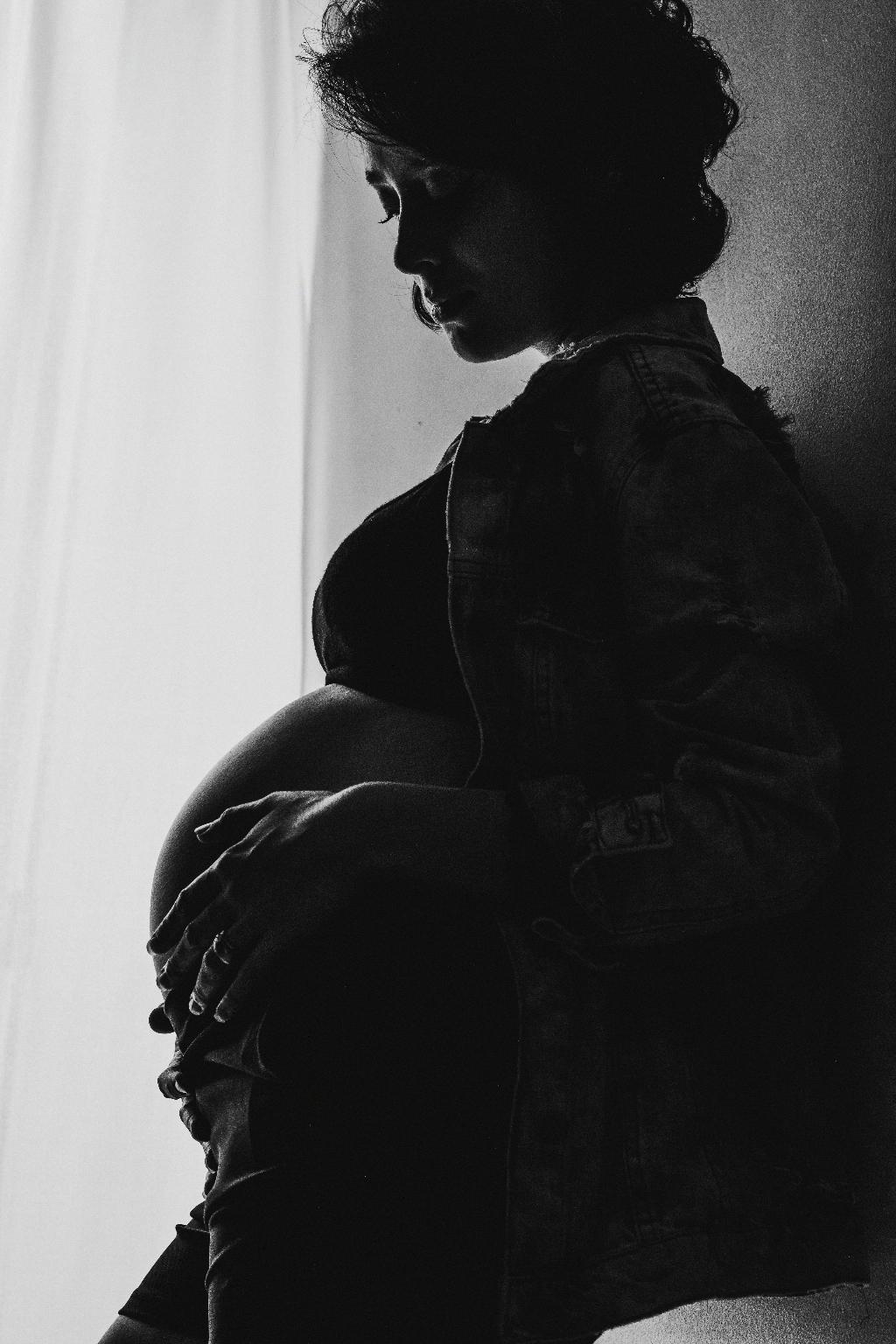During pregnancy, changes in hormones can greatly impact a woman’s appetite. For many expectant mothers, the first trimester is often characterized by morning sickness, food aversions, and a decreased appetite. This can be challenging for women who are used to eating regularly and are now experiencing a lack of interest in food.
However, as the pregnancy progresses and enters the second trimester, many women begin to notice a rebound in their appetite. The morning sickness tends to subside for most, allowing them to enjoy a wider variety of foods and eat more comfortably. This shift typically occurs around the 13th to 14th week of pregnancy, although it can vary from woman to woman.
It is important to note that not all women experience a significant return of appetite in the second trimester. Some may continue to face challenges with eating due to ongoing morning sickness or other pregnancy-related issues. In such cases, it is essential to listen to your body and work with your healthcare provider to find solutions that work best for you.
If you are one of the fortunate women who find relief in the second trimester, you may notice that your cravings and hunger levels start to increase. This can be a positive sign that your body is getting the nutrients it needs to support your growing baby. Embracing this renewed appetite can help you stay energized and nourished throughout the remainder of your pregnancy.
While some women may feel anxious about their changing appetite, it is essential to remember that every pregnancy is unique, and what works for one person may not work for another. If you are concerned about your appetite or eating habits during pregnancy, don’t hesitate to reach out to your healthcare provider for guidance and support.
As your body continues to adapt to the demands of pregnancy, you may find that your appetite fluctuates throughout the third trimester. Some women experience a decrease in appetite due to discomfort, increased pressure on the stomach, or other physical changes. It is crucial to prioritize nutrient-dense foods and regular meals to ensure you and your baby are well-nourished.
For women who have struggled with appetite issues throughout their pregnancy, finding ways to incorporate small, frequent meals and snacks can be beneficial. This approach can help prevent feelings of overwhelming fullness and provide a steady source of energy throughout the day. Experimenting with different foods and textures can also make eating more enjoyable.
It is common for expectant mothers to experience cravings for specific foods during pregnancy. While it’s okay to indulge in these cravings in moderation, it is essential to maintain a balanced diet that includes a variety of nutrients. Listening to your body’s cues and honoring your cravings while making mindful choices can help you strike a healthy balance.
As you prepare for the arrival of your little one, paying attention to your appetite cues and nourishing your body with wholesome foods can provide essential support for a healthy pregnancy. Remember that it is normal for appetite to fluctuate during this time, and being mindful of your eating habits can contribute to the well-being of both you and your baby.
In conclusion, the return of appetite in pregnancy is a unique journey for each woman. While many experience a rebound in the second trimester as morning sickness subsides, others may continue to face challenges with eating. Listening to your body, seeking guidance from your healthcare provider, and prioritizing nutrient-dense foods can help you navigate this important aspect of your pregnancy with confidence and care.

